Silicon Valley Bank, the bank of choice for most startups and venture capitalists, is no more. It was closed after the bank announced it had lost $1.8 billion in the sale of treasuries and securities.
Millions of dollars banked by startups and venture capital funds were at stake until the U.S. Federal Reserve acted to save the day.
So what does this have to do with Africa?
The closure of SVB triggered panic on the African continent, and that fear is not without reason, according to the head of American technology startup accelerator Y-Combinator (YC) which has 80 African startups in its portfolio.
“30% of our companies exposed through SVB can’t make payroll in the next 30 days,” said YC president, Garry Tan. “All the startup founders groups I’m in are in full-on panic mode. Everyone is moving money around. Nobody knows which banks are safe.”
SVB was the bank that lent to startups and asked that startups have deposits in the bank as collateral. The bank offered loans against shares for founders and cashflow loans. Since 2019, SVB has been the preferred bank for startups.
In the wake of the bank’s collapse, founders in Africa are reviewing their banking options to cushion their startups from such eventualities, according to Techcrunch.com. Nala, a U.K.-based and Africa-focused mobile money transfer startup that managed to pull its funds out of SVB before it collapsed, told the online newspaper that it’s exploring partnerships with new large corporate banks. The pan-African fund Future Africa, which suffered “minimal exposure” also hinted that it was keen on opening an account with a global banking institution.
Jumba, a Kenyan construction tech startup, is looking to diversify its deposit holdings, with co-founder Kagure Wamunyu telling TechCrunch the startup is opening an additional account with a “bigger bank” in the U.S.
African fintech unicorn Chipper Cash was among several startups that could not access a portion of their funds, it was reported. They reported one million USD deposits in SVB but CEO Ham Serunjogi downplayed the company’s exposure. “Most of our funds are in various other banks in US & around the world,” he tweeted. SVB was a great supporter & partner of Chipper. Sad to see them go down.”
Also affected was a Dutch wealth manager offering investment banking and corporate services, including opening SVB accounts, to mainly Egyptian startups. Most were likely part of the nearly 50 startups from the North African country exposed to SVB’s closure.
Employees at another fintech startup that spoke to TechCabal on the condition of anonymity said that their company had $1.5 million in SVB and are confused about how the company would move forward.
According to Business Insider Africa, there were 100 most funded startups in Africa at the end of 2022—among them Nigeria with 27 and Kenya with 23. The other two members of the big 4, South Africa and Egypt, are represented by 34 startups, which means the big 4 represent 84% of the 100 startups. Together the group raised $10 billion across 436 deals at an average of $23 million per deal.
Some 50 Egyptian companies are said to be affected by the SVB collapse. A list is circulating among local players that includes the names of 46 startups and two VC firms (one of them global) that were banked with SVB.
In light of the increasing difficulty to obtain funds, the government of Nigeria has announced a $672 million tech fund to support young entrepreneurs in creative and tech sectors who struggle to raise capital in Africa’s largest economy.
The African Development Bank will contribute $170 million US to the fund, while the other $116 million US would come from Agence Francaise de Development and $70 million US from the Islamic Development Bank.
Adedeji Olowe, founder and CEO of Lendsqr, a fintech company, offered some assurance saying that while some startups may have funds trapped in the bank, the funds have not disappeared.
But for a lot of non-US-based startups, they don’t really have a lot of banking alternatives, said Sylndr co-founder and CEO Omar El Defrawy. “From an Egyptian perspective, people (bank) offshore because the local banking system does not provide enough support for SMEs and startups.”
“In the short-to-medium term, there’s a lot of uncertainty and fear, but it’s not a doomsday scenario,” Managing Partner of Acasia Ventures Ali El Shalakany said. “Our main concern is to work with our portfolio companies as we have always done in times of crisis and to say: Look, it’s going to be okay.” Basil Moftah of Nclude agreed. “It’s a temporary blow—one more thing in a year that’s been pretty challenging overall.”






























